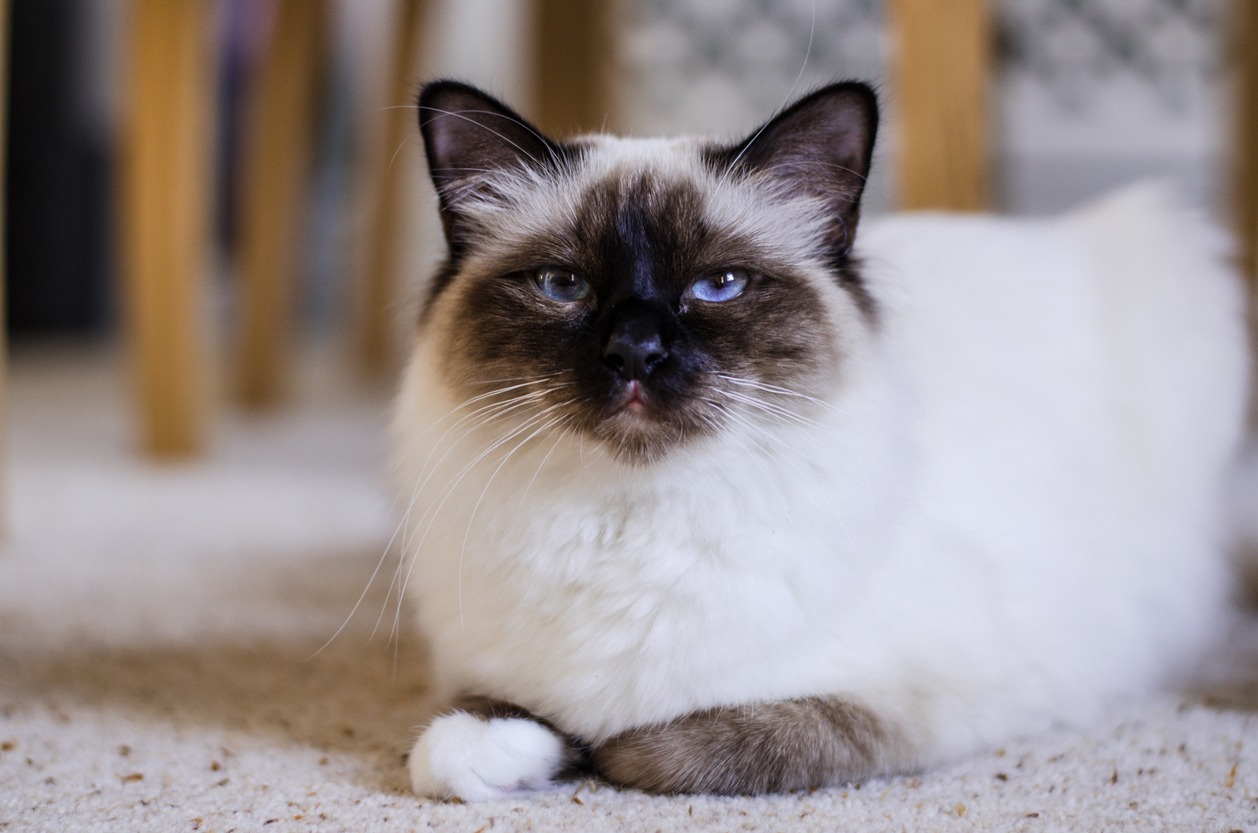Many believe cats have nine lives because they have a long life span. The Burmese cat is the longest-living cat breed, which can live 20 to 25 years. They even hold the official record of the oldest living cat at 35 years old.
The senior cats need your extra attention. Although you may have cared for and loved them for the past years, you must pay closer attention to a few details as they age. Here’s what pet owners can do to keep older cats healthy and happy for as long as possible.
1. Visit the Vet More Often
Every year for older cats is like a person aging four years. It means that a 13-year-old cat is 68 human years. So if you miss one annual vet visit, your cat missed a lot. A visit to the vet every six months helps reduce the chances of your cat having an undiagnosed condition. It also lets you divide veterinary expenses.
2. Paying extra attention to your cat’s diet
As cats age, they can develop digestive problems, making it hard to digest fat and protein. Your cat needs to be at a healthy weight to maintain optimum health.
Ask for advice from your veterinarian on how and when to transition your cat to senior food. The veterinarian can help assess your cat’s ideal weight and recommend a senior food to help your senior cat maintain, lose/gain more weight.
Your cat’s digestion improves when fed small, frequent meals day and night. Measure the cat’s daily food and distribute it in small portions.
3. Monitor Cat’s Eyesight
Just like people, a cat’s eyesight worsens as it gets older. Ensure your vet pays particular attention to your cat’s eyes during checkups. If your cat experience diminished eyesight or blindness, a familiar routine would be very important. Keep things tidy and in their usual spot.
Most cats adapt easily to poor eyesight, but it would help if you could set up a space in your home where all the necessities are available. This way, your cat doesn’t have to look far for its needs.
4. Common Health Problem Symptoms
Cats of all ages can become sick but become more vulnerable to certain conditions as they age. Particularly, diabetes, kidney disease, cognitive dysfunction, hyperthyroidism, high blood pressure, inflammatory bowel disease, and cancer are more commonly diagnosed in older cats. Symptoms like changes in urinary habits, increased or decreased appetite, vomiting, diarrhea, respiratory problems, abnormal behaviors, weight loss, and unusual lumps and bumps should be evaluated by a veterinarian immediately.
Pain can be hard to notice, so watch out for changes in behavior, energy levels, or sleeping patterns; these may indicate your cat is suffering from underlying pain.
General signs of disease can be hard to notice at first. Be aware of common signs of disease and consult your veterinarian if any of these are noted:
- Abnormal swelling
- An increased amount of urine, passing small amounts of hard stool
- Bleeding or discharge
- Changes in behavior, like unusual hyperactivity, anxiety, and tiredness
- Decreased appetite, weight loss, or muscle loss
- Drinking more or less
- Nausea, vomiting, or constipation
- Poor fur/coat
- Struggle going up or down stairs, jumping, or walking
5. Movement Problems
Older cats often develop arthritis, making jumping, climbing, and even self-grooming difficult and painful. If your senior cat likes spending time in a window, chair, or bed, purchase pet stairs or ramps to make it easier for your cat to move up and down. Talking to your veterinarian will also help, so your cat takes some medications, supplements, and other forms of treatment for arthritis.
6. Check the Litter Box
Suppose your cat is starting to miss the litter box. In that case, there may be a medical issue causing your pet’s unusual accidents.
Check if your cat’s stools are softer, harder, or changing color. Constipation is a serious medical issue such as diarrhea.
Call your cat’s veterinarian if you notice small changes in or around the litter box because it can usually indicate a serious underlying disease.
7. Dental Care
Cat’s dental problems can be very painful and harm your cat’s overall health. Keep your pet’s teeth clean with regular tooth brushing.
Dental problem is very common in senior cats. They can get their tooth broken, gum disease, and oral tumors that significantly affect the quality of your cat’s life.
If infections in your cat’s mouth enter the bloodstream, it can slowly affect the kidneys, liver, and heart. So pay attention to your cat’s dental health.
8. Daily Exercise and Mental Stimulation for Senior Cats
All cats need places to climb and hide, things to scratch, and ways to hunt and play. Environmental enrichment is essential to a cat’s quality of life. It will help your cat stay physically and mentally stimulated and healthy.
However, as your cat ages, your cat’s mobility may become more limited, making your home a little more cozy for your aging cat. A carpeted cat ramp can serve as a scratching post and a climbing aid for your cat with arthritis.
9. Pay Attention to Changes in Your Cat’s Habits
It is sometimes hard to tell if a cat is hiding an illness, so pay attention to behavioral changes that may indicate an issue. Keep track of your cat’s behavior and eliminations; use a journal to be sure. If you notice changes in sleeping, tell your veterinarian.
10. Enjoy the Special Bond
Continue providing physical and mental stimulation by petting, playing, and interacting with your senior cat in your special ways.
Aging cats usually want more attention than they did when they were younger. By spending more time with your senior cat, you will both get the most out of your cat’s senior years.

